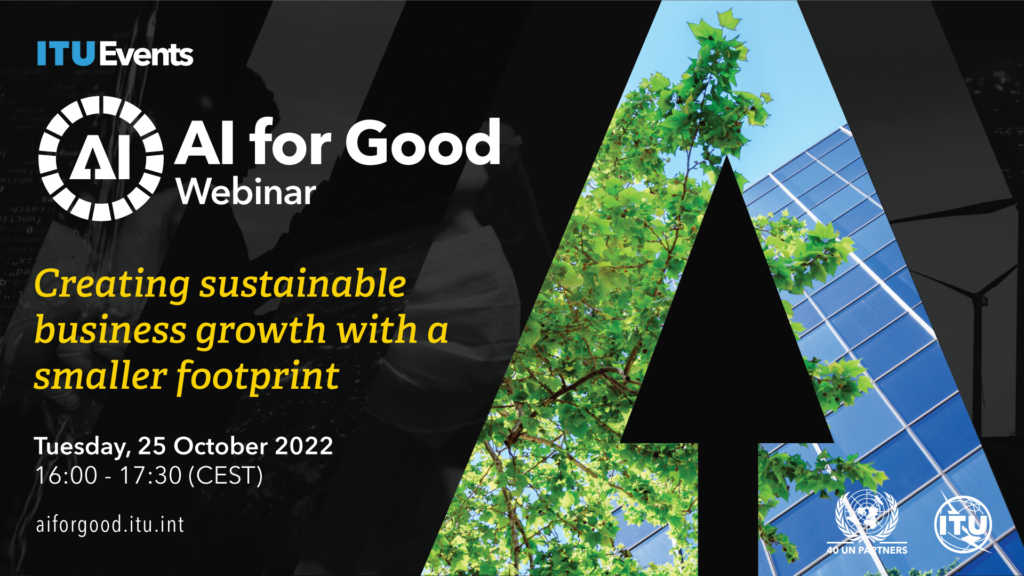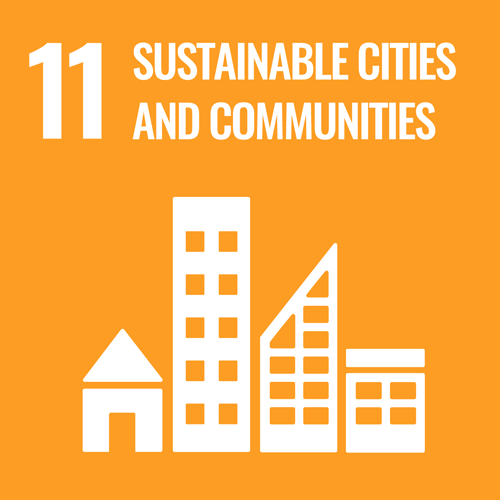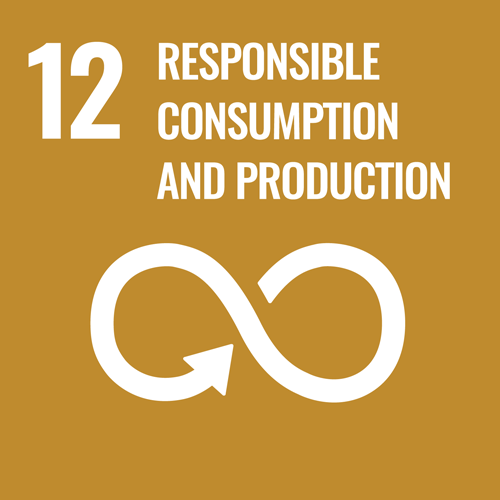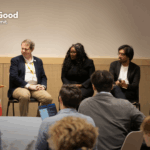Conviction built on a strong foundation and open innovation is critical for transforming sustainability goals into action
By Haynes Cooney, Research Director, IBM Institute for Business Value
It’s the most frequently identified challenge CEOs expect to face over the next two to three years. It’s more vexing than regulation, cyber risk, and even supply chain disruptions.
It’s sustainability, reveals IBM’s Institute for Business Value 2022 CEO Study “Own your impact: Practical pathways to transformational sustainability”.
As pressures from a broad set of stakeholders, most notably executive boards and investors, drive CEOs to define and pursue sustainability goals, CEOs are taking action. Nearly half of the 3,000 executive respondents name sustainability a top priority, an increase of 37% from 2021. Nearly all CEOs say they’re at least taking their first steps in piloting their sustainability strategy. More than one-third of the world’s largest companies have committed to net zero, and further efforts around biodiversity and water preservation are already on the horizon. The private sector’s commitment to climate action has never appeared to be so clear.
But many businesses have a long way to go. CEOs identify a range of challenges both within and beyond their organizations, and only a quarter report active implementation of their sustainability strategy across their entire enterprise. And as the business sector looks to deliver on its commitments, governments, public institutions, and non-government agencies can not only learn from and inform the actions of enterprise and industry leaders but must serve as essential partners in the journey.
Confidence at the helm, less so on charting the course
CEOs are bullish on sustainability. In the last five years, CEOs report their investments in sustainability have more than doubled as a percentage of revenue. Furthermore, the study found that over 80% of CEOs worldwide expect these investments to drive better business results in the next five years. Nearly half of CEOs think that sustainability will accelerate business growth.
But CEOs, particularly those most invested in sustainability, are also clear-eyed about the challenges. Most admit uncertainty around ROI and nearly half struggle with adequate insights from their data. Fewer than 1 in 4 agree that sustainability requires financial tradeoffs, but many acknowledge the need to redefine and recalibrate how they measure performance. A common thread linking many of these challenges is the need to get more out of data, faster.
A group of CEOs in the study stood apart. These CEOs are taking personal responsibility, investing in a data foundation, embedding sustainability throughout their organization, and engaging ecosystem partners. Facing increasing regulatory scrutiny, demands for clear and consistent reporting, and a recognition that they do not have all the answers, these CEOs remain confident in the strategies they have defined. And their strategies extend beyond the boundaries of their companies.
A rising tide lifts all boats
No organization is an island. There’s an interconnected web of players across which sustainability goals must be defined and pursued, from partners and suppliers to the communities that organizations touch. Everyone has an essential part in turning sustainability goals into action, but leadership is still required.
Forward-looking leaders are taking advantage of open innovation and establishing collective ways to mutually drive sustainability efforts to accelerate success. Aided by hybrid cloud technology, they can break down traditional silos and integrate their objectives with their ecosystem partners. Dreaming bigger and acting with confidence, CEOs are taking charge and building entirely new alliances to find more effective ways of accelerating sustainability together.
And leading CEOs are not pursuing sustainability objectives as an extension of their business but incorporating it into their core operations and culture. With data and AI playing a critical role, CEOs are integrating sustainability into their digital transformation, and reshaping fundamental aspects of their organizations. Consistent with findings from IBM’s companion report, “Sustainability as a transformation catalyst,” organizations integrating sustainability and transformation strategies are outperforming their peers across multiple financial measures and appear poised to pull even further ahead. While the challenges are real, the business results and positive societal impacts from these leaders help chart a course for the future that is better for all of us.
Where the CEO leads, others can follow: Learn from the experts
Findings and lessons from these transformational leaders will be discussed in an upcoming AI for Good webinar at 10:00 AM ET on October 25, 2022. Sign up here for a moderated discussion and interactive session where Sheri Hinish, Global Services and Alliances Lead, IBM Consulting Sustainability Services, and I will be joined by other thought leaders in this compelling and critical space.
Learn how CEOs inspire new partnership models to turn sustainability goals into action. Executives Deirdre White, CEO, Pyxera Global, Sandra MacQuillan, Executive Vice President & Chief Supply Chain Officer, Mondelēz International, and AI thought leader Johan Steyn will discuss sustainability strategies that drive better business outcomes during the UN AI for Good webinar, Creating sustainable business growth with a smaller footprint.
IBM’s United Nations AI for Good sponsorship is a year-long conversation with individuals and organizations who are considering the entirety of AI in hopes that it can help us all better understand how it can foster the accomplishments of all the targets across the United Nations’ Sustainable Development Goals. Sign up for the UN AI for Good newsletter to get updates and join us for all the programming here: https://aiforgood.itu.int/engage/



















